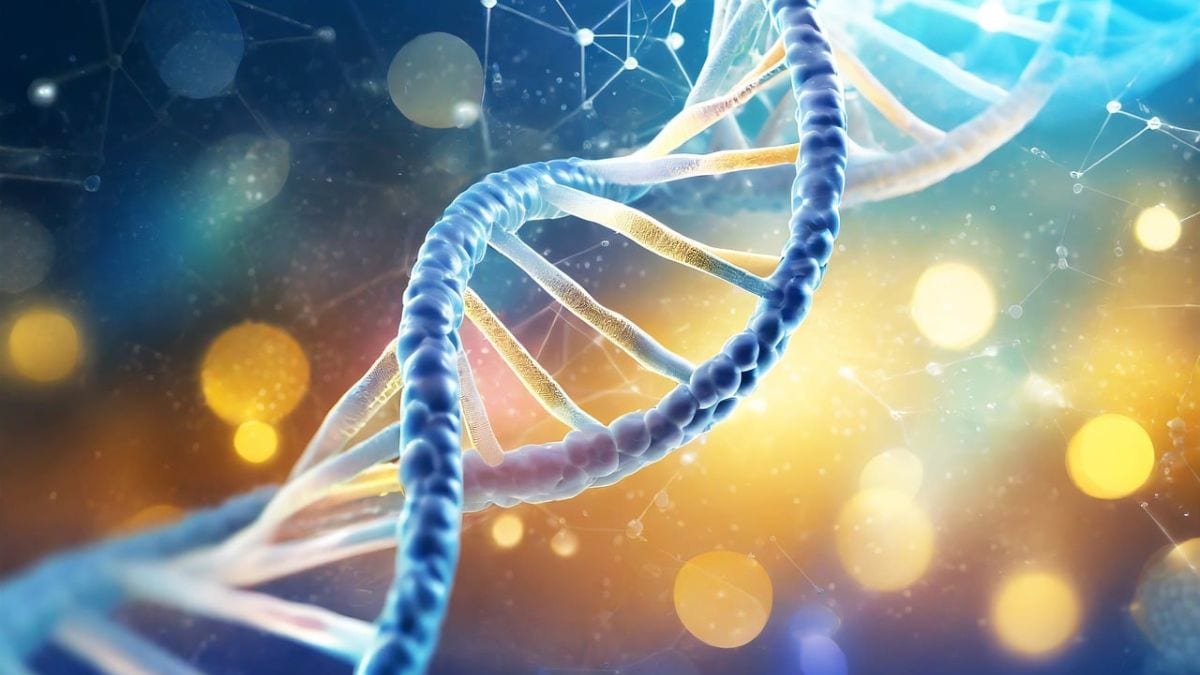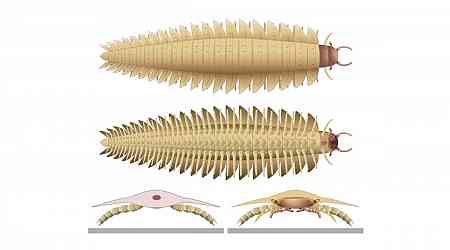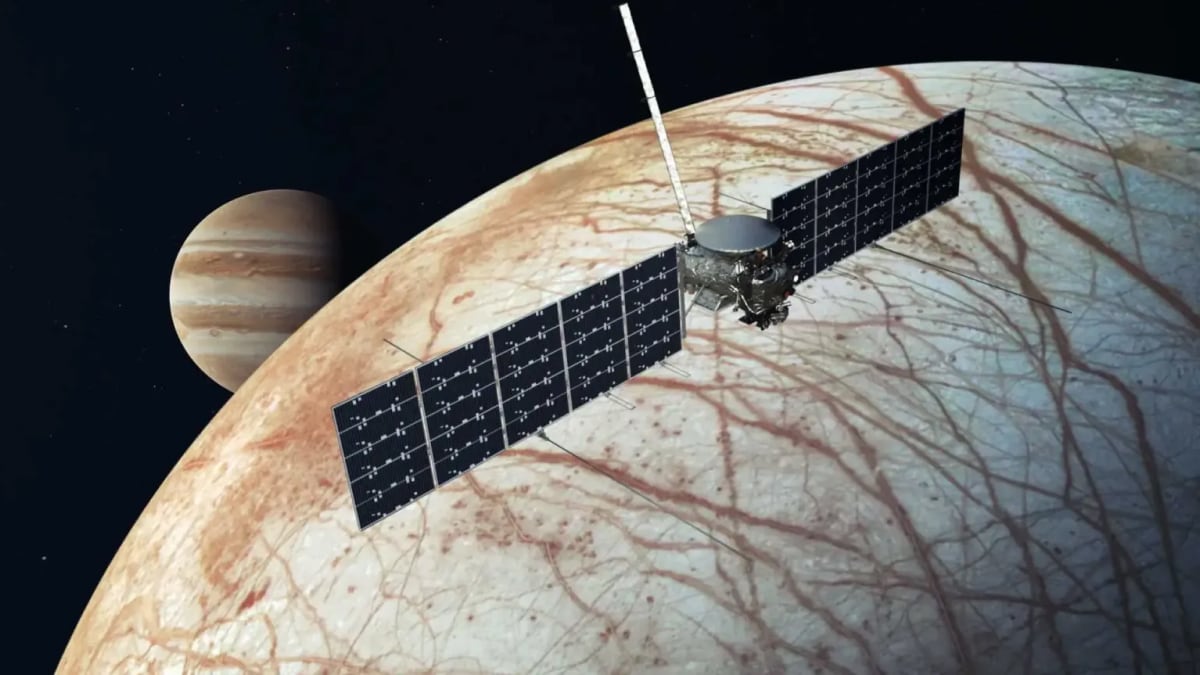A study reveals that transposable elements, once thought to be parasitic, are crucial for early human development. Researchers from Sinai Health have shown that these genomic segments, known as "selfish DNA," particularly LINE-1, actively contribute to the proper formation of human embryos. Historically regarded as harmful, these elements account for around 20% of the human genome, despite our functional genes making up less than 2%.
Transposons and Early Embryo Development
Transposons, which have the ability to move around within the genome, were initially likened to viruses because of their capacity to replicate and disrupt normal genes. Dr Juan Zhang, a senior co-author and postdoctoral fellow, observed that LINE-1 RNA is particularly active in the early stages of embryo development, contrary to the longstanding belief that these elements primarily cause diseases like cancer or haemophilia.
Crucial Insights From Blocking LINE-1
Dr Zhang's team found that when LINE-1 activity was blocked in human embryonic stem cells, the cells reverted to a stage known as the 8-cell stage. Cells can still develop into both embryonic and placental cells at this stage. This finding demonstrates the importance of LINE-1 in helping the embryo develop specialised cells essential for its progression.
Organisation of DNA Within the Nucleus
Further research showed that LINE-1 plays a significant role in organising DNA within the cell's nucleus. It moves chromosome 19, key during the 8-cell stage, to areas that regulate gene expression. This organisation ensures the embryo progresses smoothly through its developmental stages.
Potential Impact on Medicine and Disease Research
These findings could impact fertility treatments and stem cell research, offering new insights into how early human development can be supported. Additionally, understanding LINE-1's function may shed light on its involvement in neurological disorders and cancer conditions. Dr Anne-Claude Gingras, another prominent voice in the research, acknowledged the significance of this study, noting that much remains to be discovered about these intriguing genetic
































